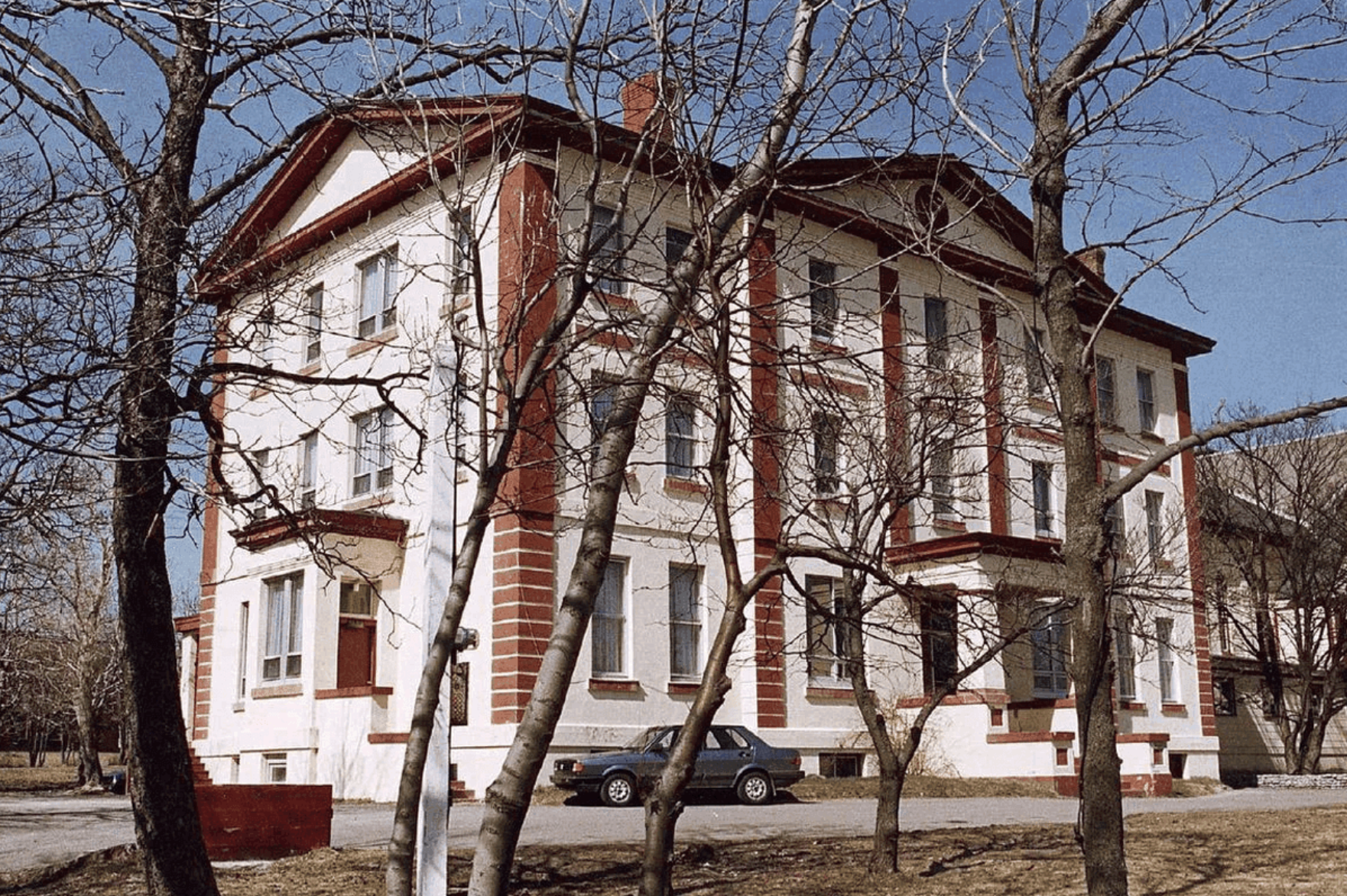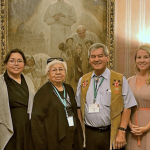ST. JOHN’S (CCN) — December will mark four years since the Archdiocese of St. John’s launched a comprehensive restructuring process in response to being deemed “vicariously liable” by the Newfoundland Court of Appeal for the physical and sexual abuse at the Mount Cashel Orphanage in the 1940s, ‘50s and ‘60s.
The bishopric led by Archbishop Peter Hundt is striving to accumulate $121 million to adequately compensate 351 claimants, or their surviving loved ones, who suffered atrocities at the hands of the Christian Brothers of Ireland or archdiocesan clergy.
Hundt informed The Catholic Register in an email that “we continue to work cooperatively with the court and representative counsel in advancing through the restructuring process.”
The Roman Catholic Episcopal Corporation of St. John’s (RCECSJ), the business arm of the archdiocese, is under court protection from its creditors during these proceedings.
The 22nd report filed by court-appointed monitor Ernst & Young on Oct. 24 details how the archdiocese has liquidated churches and other real estate assets all over the Avalon and Burin peninsulas. As of Sept. 30, more than $31.6 million has been raised through 120 closed transactions.
Transferring the title, right and interest for 38 schools to the province and the Newfoundland and Labrador English School District, plus the proceeds from a Chase the Ace fundraiser staged at St. Kevin’s Parish in Goulds, has also netted nearly $20 million.
An initial disbursement of $22 million was doled out to the victims in October 2024, followed by an additional $14.4 million in July. A third allocation date has yet to be scheduled.
The archdiocese will try to reach the goal with 15 more property transactions. An agreement exists on eight, but they are pending closure. There are seven estates for sale with no offers. The combined value is $2.06 million.
Ernst & Young’s latest report includes the declaration that “the corporation has substantively liquidated all of its assets for the benefit of its creditors including past victims of sexual abuse.”
Beyond finalizing the limited number of remaining property sales, an appeals court victory over Guardian Insurance represents the best remaining hope for the RCECSJ to extract more money for the claimants.
On Dec. 20, 2024, Newfoundland Labrador Supreme Court Justice Peter Browne decided that the RCECSJ policy with Guardian Insurance — issued through broker Marsh & McLennan Limited — was void. The reason was that the corporation “admitted it did not disclose its knowledge that certain of its clerics were alleged to have committed acts of sexual abuse prior to obtaining the policy in October 1980.” The corporation maintained this posture “when it renewed the policy each year up to and including 1985.”
An appeal was filed in January. Solicitors for the RCECSJ alleged in the notice of appeal that Browne erred in not assigning proper weight to the evidence “which confirmed that the knowledge of the abuse was not material to a reasonable and prudent insurer.”
Mark Frederick and Chris Blom of Miller Thomson LLP stated that sexual abuse “was not an underwriting factor” for insurance policies “until the late 1980s and early 1990s.” In light of this historic context, “from 1980 to 1984, an insurer would not have anticipated that acts of sexual abuse would result in insurance claims.”
Alongside a civil court exercising judgment against the RCECSJ amid the restructuring process, the Vatican Dicastery of the Clergy has now twice overturned Hundt’s 2022 decision to close Holy Rosary Parish in Portugal Cove-St. Philips, Nfld., and merge it with Holy Trinity Parish in Torbay, Nfld.
The first written ruling rendered by this Holy See congregation indicated that the archdiocese did not follow the proper canonical procedure in closing a parish and declared it cannot “usurp the finances of Holy Rosary Parish to take care of their financial problems.”
Hundt could again challenge the decision and then, once more, state his intention to merge Holy Rosary and Holy Trinity, or he could abide by the dicastery judgment and initiate the process to reopen the house of worship.
There is a desire within Portugal Cove-St. Philips for their parish, established in 1833, to be reopened. This suit was initiated by parishioner Ed Martin.
While not tipping his hat on what route he will take, Hundt informed the Register that “we have received a response to our legal consultation and are in the midst of reviewing the information received.”
Catholics in Portugal Cove South also fought against the archdiocese’s effort to liquidate their house of worship, also named Holy Rosary. The Portugal Cove South Historical Corporation boldly changed the building’s locks and put up posters in September 2024, signalling that Hundt and any potential buyer were not welcome on the premises.
In May, Supreme Court of Newfoundland and Labrador Judge Garrett Handrigan ruled the church was owned by the RCECSJ, not the fishing town’s residents.
Ultimately, nearly six months after losing this court case, the people of Portugal Cove South ended up winners after all. An anonymous benefactor from outside the province stepped up to buy Holy Rosary for $25,000 on behalf of the community.
“We really thought that our church was going to end up being an Airbnb,” Portugal Cove South Historical Corporation chair Cynthia Power told the Globe and Mail. ”But not any more. It’ll always be a place of worship in our community, which is very, very important to us.”




